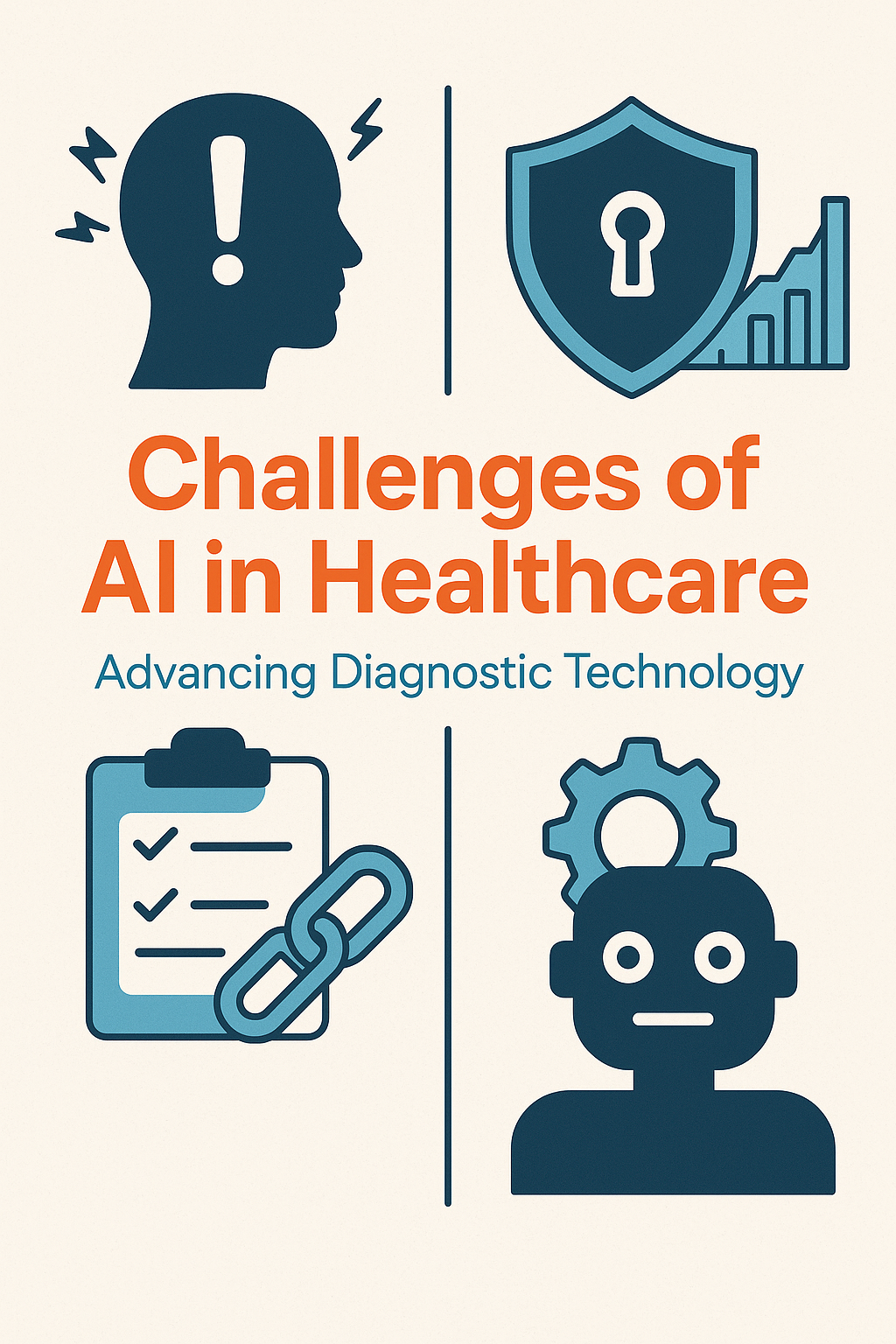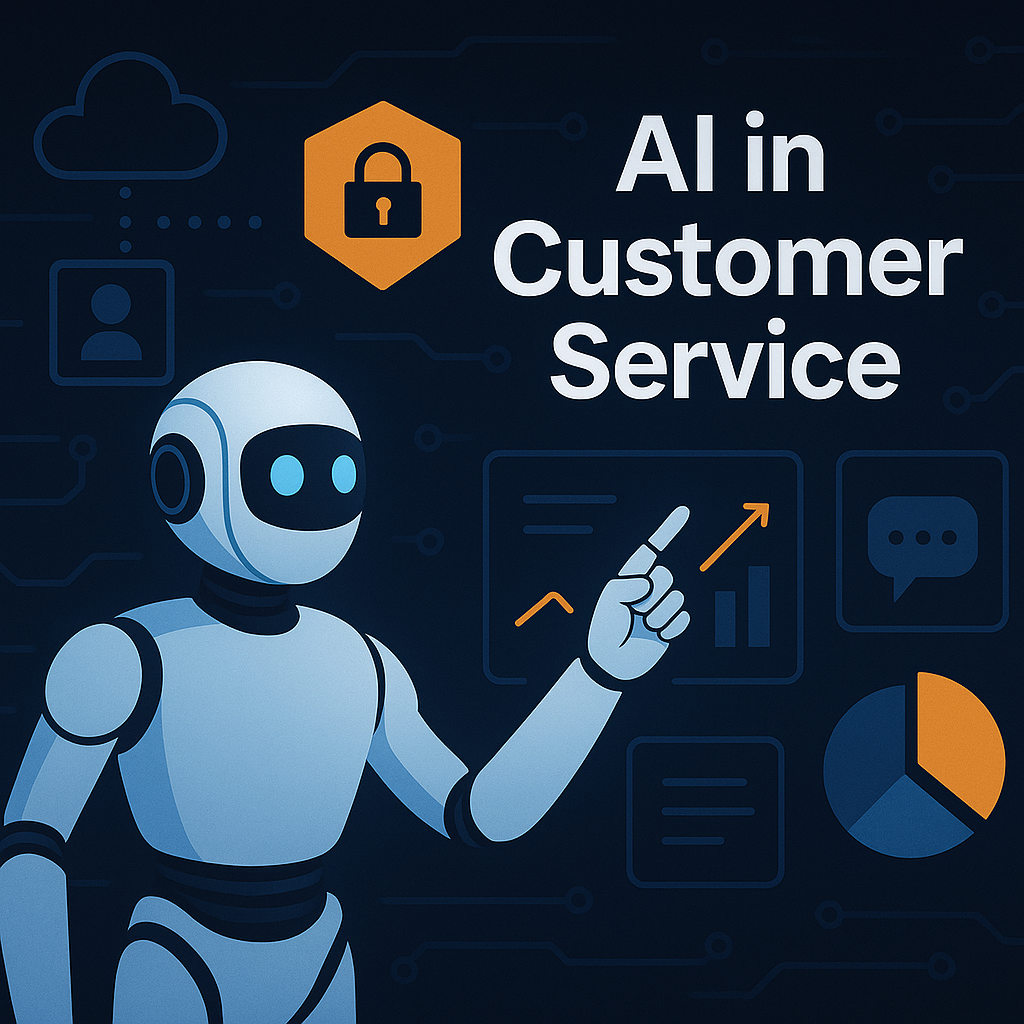Introduction
Artificial Intelligence (AI) holds immense promise for revolutionizing healthcare by enhancing diagnostics, personalizing treatment, and streamlining administrative tasks. However, the integration of AI into healthcare systems is fraught with challenges that must be addressed to realize its full potential.
Key Challenges in Implementing AI in Healthcare
- Data Privacy and Security: AI systems require vast amounts of patient data, raising concerns about data breaches and compliance with regulations like HIPAA and GDPR. Ensuring data anonymization and secure storage is paramount.
- Bias and Fairness: AI models trained on non-representative datasets can perpetuate existing healthcare disparities, leading to biased outcomes that affect marginalized groups.
- Integration with Existing Systems: Many healthcare institutions operate on legacy systems that are incompatible with modern AI solutions, making integration complex and costly.
- Regulatory and Ethical Concerns: The rapid advancement of AI technologies often outpaces regulatory frameworks, leading to ethical dilemmas regarding accountability, transparency, and patient consent.
- Lack of Standardization: The absence of standardized protocols for AI implementation in healthcare hampers interoperability and scalability across different platforms and institutions.
Mathematical Perspective: Understanding Bias in AI Models
Bias in AI models can be quantitatively assessed using statistical measures. For instance, the Disparate Impact Ratio is calculated as:
\[ \text{Disparate Impact Ratio} = \frac{P(\text{Outcome} | \text{Group A})}{P(\text{Outcome} | \text{Group B})} \]
A ratio significantly different from 1 indicates potential bias against one group, necessitating model adjustments to ensure fairness.
Real-World Examples
- IBM Watson for Oncology: Faced criticism for providing unsafe treatment recommendations due to training on hypothetical data rather than real patient records.
- Google Health's AI for Diabetic Retinopathy: Demonstrated high accuracy in controlled settings but faced challenges in real-world deployment due to variability in image quality and clinical workflows.
- Amazon's AI Recruitment Tool: Although not healthcare-specific, it serves as a cautionary tale where AI favored male candidates, highlighting the importance of addressing bias in AI systems.
Strategies to Overcome Challenges
- Robust Data Governance: Implementing strict data management policies to ensure privacy, security, and compliance with regulations.
- Diverse and Representative Datasets: Training AI models on datasets that reflect the diversity of the patient population to minimize bias.
- Interdisciplinary Collaboration: Engaging stakeholders from healthcare, data science, ethics, and law to develop comprehensive AI solutions.
- Continuous Monitoring and Evaluation: Regularly assessing AI systems for performance, fairness, and unintended consequences to make necessary adjustments.
- Standardization and Interoperability: Developing and adopting industry-wide standards to facilitate seamless integration and scalability of AI solutions.
Further Reading
Conclusion
While AI has the potential to transform healthcare delivery, addressing the associated challenges is crucial for its successful and ethical implementation. By proactively tackling issues related to data privacy, bias, integration, and regulation, stakeholders can harness AI's capabilities to improve patient outcomes and operational efficiency.








